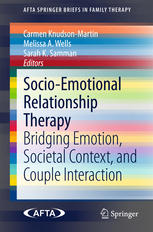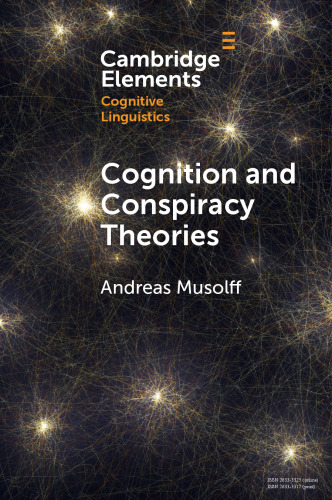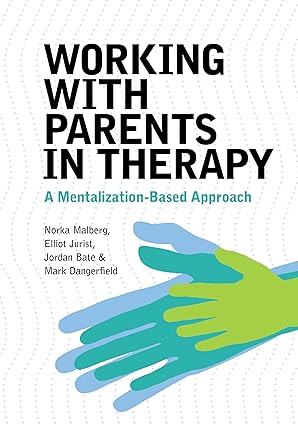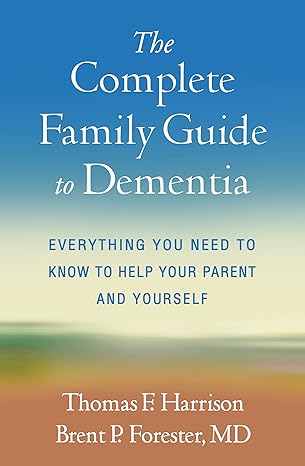2 C. Knudson-Martin and D. Huenergardt ability to work with the societal context in couple therapy. Our diverse group includes 28 marital and family therapy faculty and doctoral students, with some participants leaving as others join the team. We are 8 men and 20 women. Sixteen are persons of color. Eleven immigrated to the USA or are international students. Fourteen are licensed MFTs; 14 are doctoral MFT interns. Our goal has been to document and reflect upon the skills needed to practice socio-contextually aware couple therapy and teach it to others. We call our approach Socio-Emotional Relationship Therapy (SERT) (e.g., Knudson-Martin and Huenergardt 2010; Knudson-Martin et al. 2014). In this chapter, we illustrate five principles that guide SERT, present our model of the conditions that promote mutual support, and preview the clinical competen- cies involved. We use the example of Shana and Sean, a working-class unmarried heterosexual European American couple in their late 20s expecting their second child. Shana initiated therapy because she was unhappy. Sean came “at her pleas- ure.” The case has been modified to protect confidentiality. Five Foundational Principles Context Structures Personal Identities and Relational Processes SERT begins with therapist attunement to how each partner’s identity is con- nected to sociocultural ideas about who they are in relation to others and how this invites them to think, feel, and behave. As will be detailed in the chapter “SERT Therapists’ Experience of Practicing Sociocultural Attunement” (Pandit et al. 2015), we want to “get” their experience as sociocultural persons, to resonate with them as they are situated in a particular social location. The concept of societal discourse helps us identify cultural messages and shared ways of thinking that inform personal experience. Like the air we breathe, societal discourses are often so taken for granted that people are not really aware of them. Moreover, these cultural identity messages are intricately connected to a wider set of intersect- ing power differentials depending on one’s gender, socioeconomic status, sexual orientation, age, ability/disability, religion, ethnicity, indigenous heritage, and national origin, among other social locations (McDowell and Fang 2007). As therapy begins, SERT therapists listen for the sociocultural discourses implicit in clients’ stories. For example, when Sean says, “She doesn’t tell me what she’s thinking! How am I supposed to know why she’s upset?” we want to take in his experience as a man, to understand the societal messages that invite his frustration. We are especially interested in discourses about relational responsi- bilities such as what he has a right to expect in a relationship and who is responsi- ble for noticing and attending to the other. The salience of gender discourses such as “women are responsible for relationship maintenance” or “men are supposed to have the answers” is especially relevant to heterosexual couple therapy and is expanded upon in “How Gender Discourses Hijack Couple Therapy—And How to Avoid It” (ChenFeng and Galick 2015).
چکیده فارسی
2 C. Knudson-Martin و D. Huenergardt توانایی کار با زمینه اجتماعی در زوج درمانی. گروه متنوع ما شامل 28 نفر از اعضای هیأت علمی و دانشجوی دکتری زناشویی و خانواده درمانی است که برخی از شرکت کنندگان با پیوستن دیگران به تیم را ترک می کنند. ما 8 مرد و 20 زن هستیم. شانزده نفر رنگین پوست هستند. یازده نفر به ایالات متحده آمریکا مهاجرت کرده اند یا دانشجوی بین المللی هستند. چهارده MFT دارای مجوز هستند. 14 نفر کارآموز دکتری MFT هستند. هدف ما مستندسازی و تأمل در مورد مهارتهای مورد نیاز برای تمرین زوجدرمانی آگاهانه اجتماعی و زمینهای و آموزش آن به دیگران بوده است. ما رویکرد خود را درمان رابطه عاطفی-اجتماعی (SERT) می نامیم (به عنوان مثال، Knudson-Martin and Huenergardt 2010؛ Knudson-Martin et al. 2014). در این فصل، ما پنج اصل را نشان میدهیم که SERT را راهنمایی میکنند، مدل خود را از شرایطی که حمایت متقابل را ارتقا میدهند، و پیشنمایش شایستگیهای بالینی درگیر را ارائه میکنیم. ما از شانا و شان، یک زوج غیرهمجنس اروپایی آمریکایی متاهل طبقه کارگر در اواخر دهه 20 زندگی خود که در انتظار فرزند دوم خود هستند، استفاده می کنیم. شانا درمان را آغاز کرد زیرا ناراضی بود. شان "به میل او" آمد. این مورد برای حفظ محرمانه بودن اصلاح شده است. ساختارهای بافتی پنج اصل بنیادی هویتهای شخصی و فرآیندهای ارتباطی SERT با هماهنگی درمانگر شروع میکند که چگونه هویت هر یک از شریکها با ایدههای اجتماعی-فرهنگی در مورد اینکه چه کسی در ارتباط با دیگران هستند و چگونه آنها را به فکر کردن، احساس کردن و رفتار دعوت میکند، آغاز میکند. همانطور که در فصل "تجربه درمانگران SERT از تمرین همسویی اجتماعی-فرهنگی" (پاندیت و همکاران 2015) به تفصیل توضیح داده خواهد شد، ما می خواهیم تجربه آنها را به عنوان افراد اجتماعی-فرهنگی "به دست آوریم" تا زمانی که در یک مکان اجتماعی خاص قرار دارند با آنها طنین انداز شویم. . مفهوم گفتمان اجتماعی به ما کمک میکند پیامهای فرهنگی و روشهای مشترک تفکر را شناسایی کنیم که به تجربه شخصی میپردازد. مانند هوایی که تنفس می کنیم، گفتمان های اجتماعی اغلب آنقدر بدیهی تلقی می شوند که مردم واقعاً از آنها آگاه نیستند. علاوه بر این، این پیامهای هویت فرهنگی به طور پیچیدهتری به مجموعه گستردهتری از تفاوتهای قدرت متقاطع بسته به جنسیت، وضعیت اجتماعی-اقتصادی، گرایش جنسی، سن، توانایی/ناتوانی، مذهب، قومیت، میراث بومی، و منشأ ملی، در میان سایر اجتماعیها مرتبط هستند. مکان ها (مک داول و نیش 2007). همانطور که درمان شروع می شود، درمانگران SERT به گفتمان های اجتماعی-فرهنگی ضمنی در داستان های مراجع گوش می دهند. برای مثال، وقتی شان میگوید: «او به من نمیگوید که به چه فکر میکند! از کجا باید بفهمم که چرا ناراحت است؟» ما میخواهیم از تجربیات او بهعنوان یک مرد استفاده کنیم تا پیامهای اجتماعی را که باعث ناامیدی او میشود، درک کنیم. ما به ویژه به گفتمانهایی درباره مسئولیتهای رابطهای علاقهمندیم، مانند اینکه او در یک رابطه چه چیزی حق انتظار دارد و چه کسی مسئول توجه و توجه به دیگری است. برجستگی گفتمان های جنسیتی مانند "زنان مسئول حفظ رابطه هستند" یا "مردان باید پاسخ ها را داشته باشند" به ویژه به زوج درمانی دگرجنس گرا مرتبط است و در "چگونه گفتمان های جنسیتی زوج درمانی را ربوده اند-و چگونه از آن اجتناب کنیم" بسط داده شده است. ” (ChenFeng and Galick 2015).
ادامه ...
بستن ...
Author(s): Carmen Knudson-Martin, Melissa A. Wells, Sarah K. Samman (eds.)
Series: AFTA SpringerBriefs in Family Therapy
Publisher: Springer International Publishing, Year: 2015
ISBN: 978-3-319-13397-3,978-3-319-13398-0
ادامه ...
بستن ...










